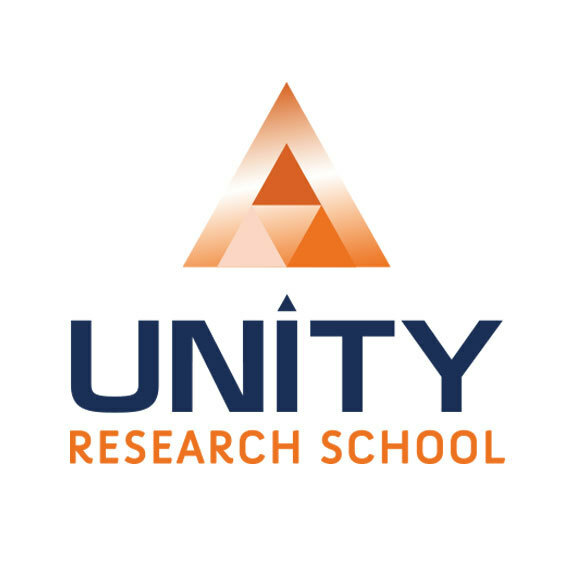
Research School Network: Reflecting on how it all added up – our KS2/3 Maths Training Programme
—
Reflecting on how it all added up – our KS2/3 Maths Training Programme
Share on:

by Unity Research School
on the
Using Implementation Guidance to frame reflections on our KS2/3 Maths Professional Learning Programme
Last week we ran the final day of our KS2/3 Maths Professional Learning Programme. It has brought schools from across Suffolk, Cambridgeshire and Hertfordshire together to explore the recommendations of the associated Guidance Report. We thoroughly enjoyed shaping and facilitating the programme and feedback throughout has been excellent.


As we reflect on next steps we have attempted to align our thinking around the recommendations of the EEF Implementation Guidance:
Create a leadership environment and school climate that is conducive to good implementation
We had spent some time outlining the rationale for the programme to our MAT heads and beyond. Every delegate was sent a Memorandum of Understanding making the commitment and expectations explicit – this needed to be signed and returned by delegate and appropriate senior member of staff. This was a successful element for gaining buy-in and commitment.
Define the problem you want to solve and identify appropriate programmes or practices to implement
The ‘problem’ was defined as such:
· There has become a lack of curriculum continuity between KS2 and 3 maths in our locality
· Subject knowledge could be more consistent across all KS2/3 years (particularly a deep understanding of teaching ‘difficult’ concepts)
· Use of manipulatives and representations, especially in secondary, is patchy
We also wanted to go through modelling the whole process of being involved in the collation of the guidance report, unpicking the recommendations, designing a professional learning programme and delivering this in our locality.
The problem was kept the problem so focus was achieved throughout.
Create a clear implementation plan, judge the readiness of the school to deliver that plan, then prepare staff and resources
The implementation plan was largely through the design of the learning programme. We ran 3 face-to-face days that ran over 2 terms (learning from evidence from TDT that typically for teachers to change classroom practice they need to be engaged in professional learning for at least 2 terms). In between days, delegates were set gap tasks and asked to reflect on these at the start of the next day. We focused the 3 days on the areas with strong evidence bases; assessment to draw out misconceptions, manipulatives and representations and problem solving. Delegates were then asked to prepare an action plan at the end of Day 3.
Knowing where to be tight and where to be loose as we refined the sequence of sessions enabled us to respond to the emerging professional learning and needs of the group. Inter-sessional gap tasks were a key element of the professional learning and embedded learning within the context of all the schools involved.
Support staff, monitor progress, solve problems, and adapt strategies as the approach is used for the first time
Based on delegate feedback gathered on Day 1 we adapted Day 3 to have a sharper focus on problem solving and bar modelling. We very much wanted to be ‘true’ to the title of the guidance report and work meaningfully across KS2/3. This meant we had to adapt some of the resources and think carefully about areas of mathematics which were relevant to lower KS2 but could also scale up and be meaningful to upper KS3 teachers. We gathered feedback at the end of every day and used that to inform our design of the next day. We maintained regular email contact with delegates around the gap tasks and it was pleased to see a number of them share their resources and approaches electronically in between face-to-face days.
Plan for sustaining and scaling an intervention from the outset and continuously acknowledge and nurture its use
We collected in all the delegate action plans for our records and to gain a sense of impact – typically they were completed in detail showing manageable evidence based interventions and changes that they were going to make in their own school. If possible, we would like to timetable future visits to key schools as well as a 6 month feedback.
All in all a really valuable experience for all involved.
Here’s to sustaining, mobilising and further developing the high quality evidence-based professional learning in this aspect within our region. Thanks to all who contributed to the realising of this programme.
More from the Unity Research School
Show all news

Pupil Premium and SEND: learning without labels
Learning without labels
